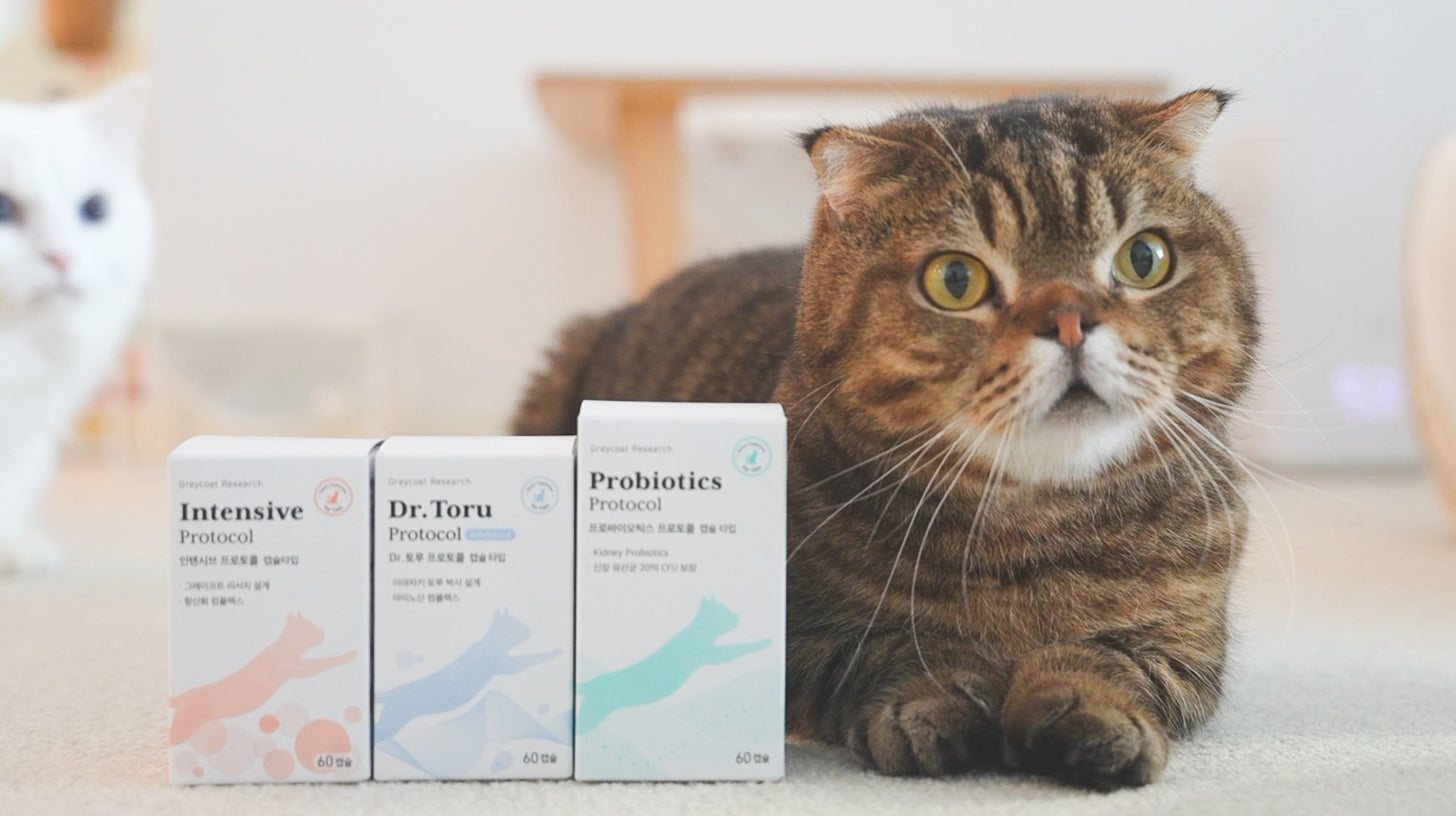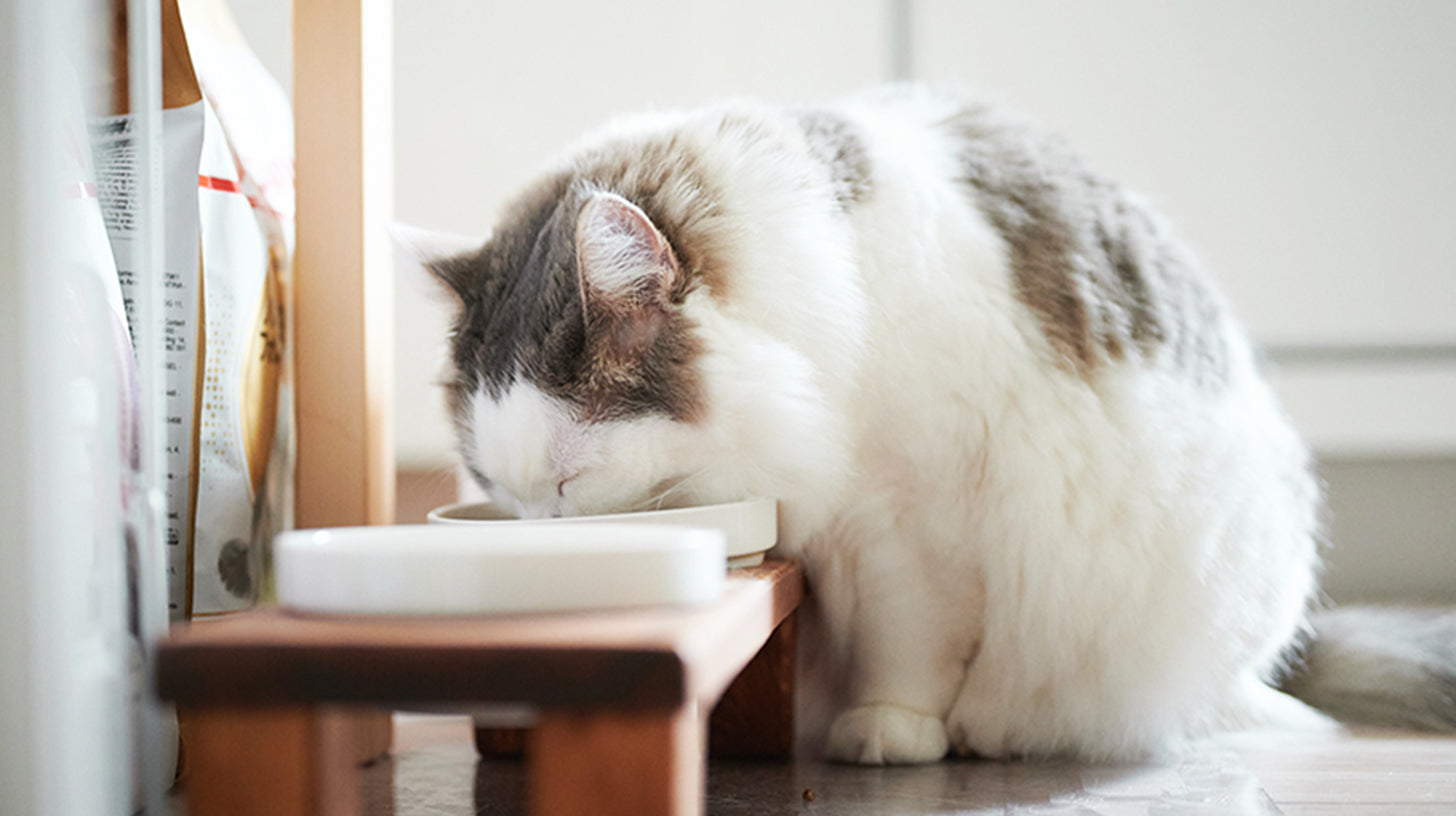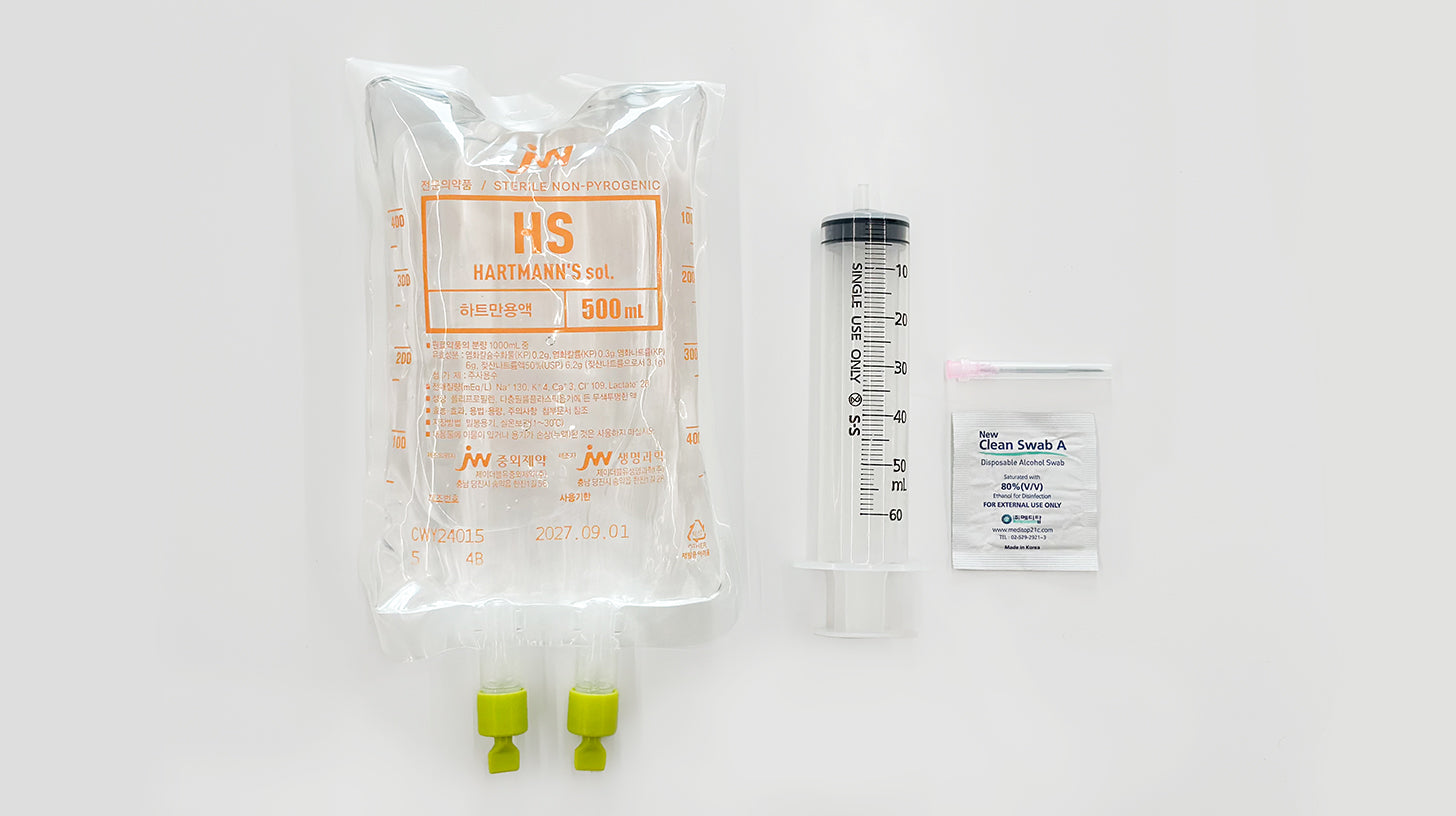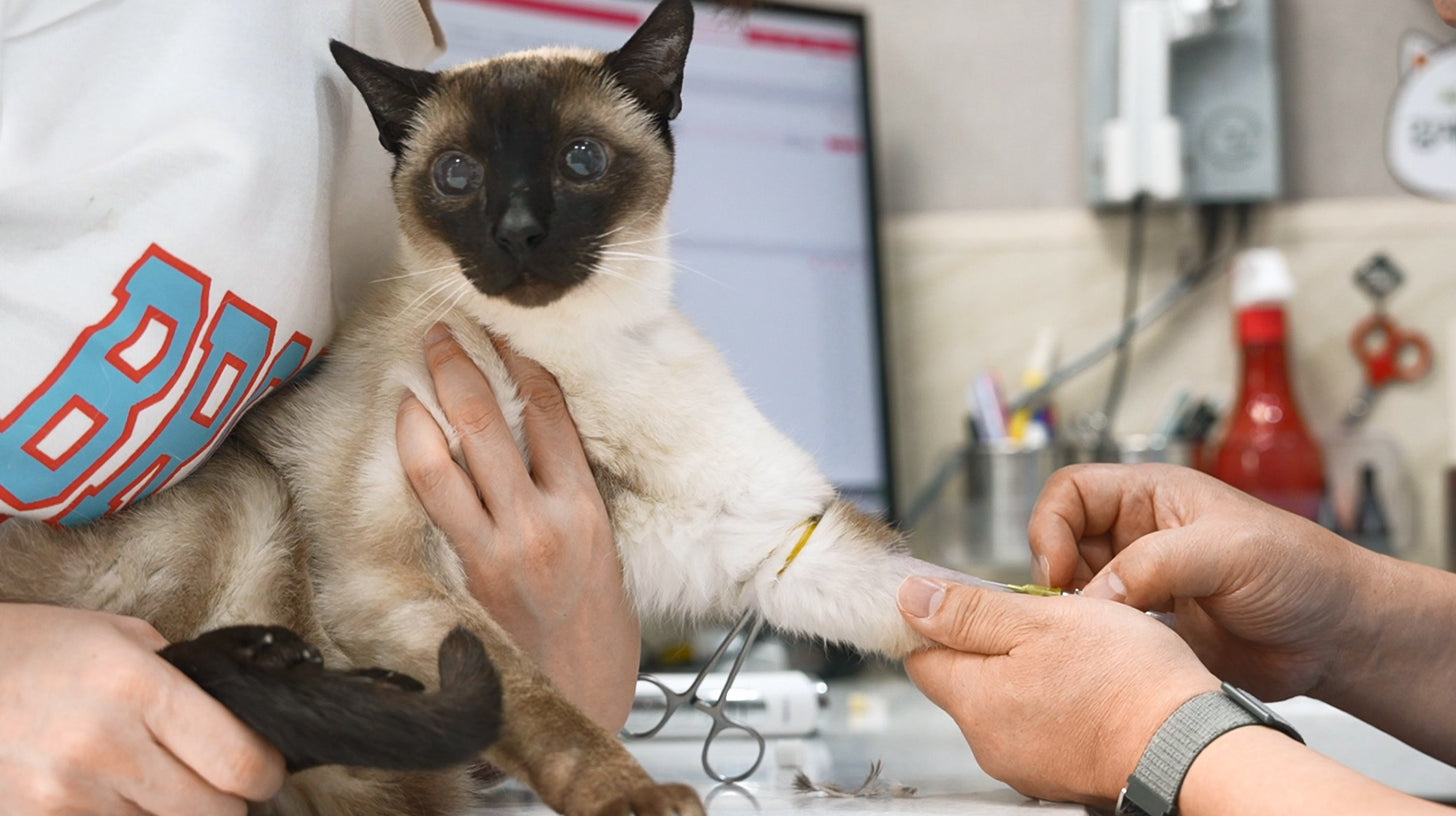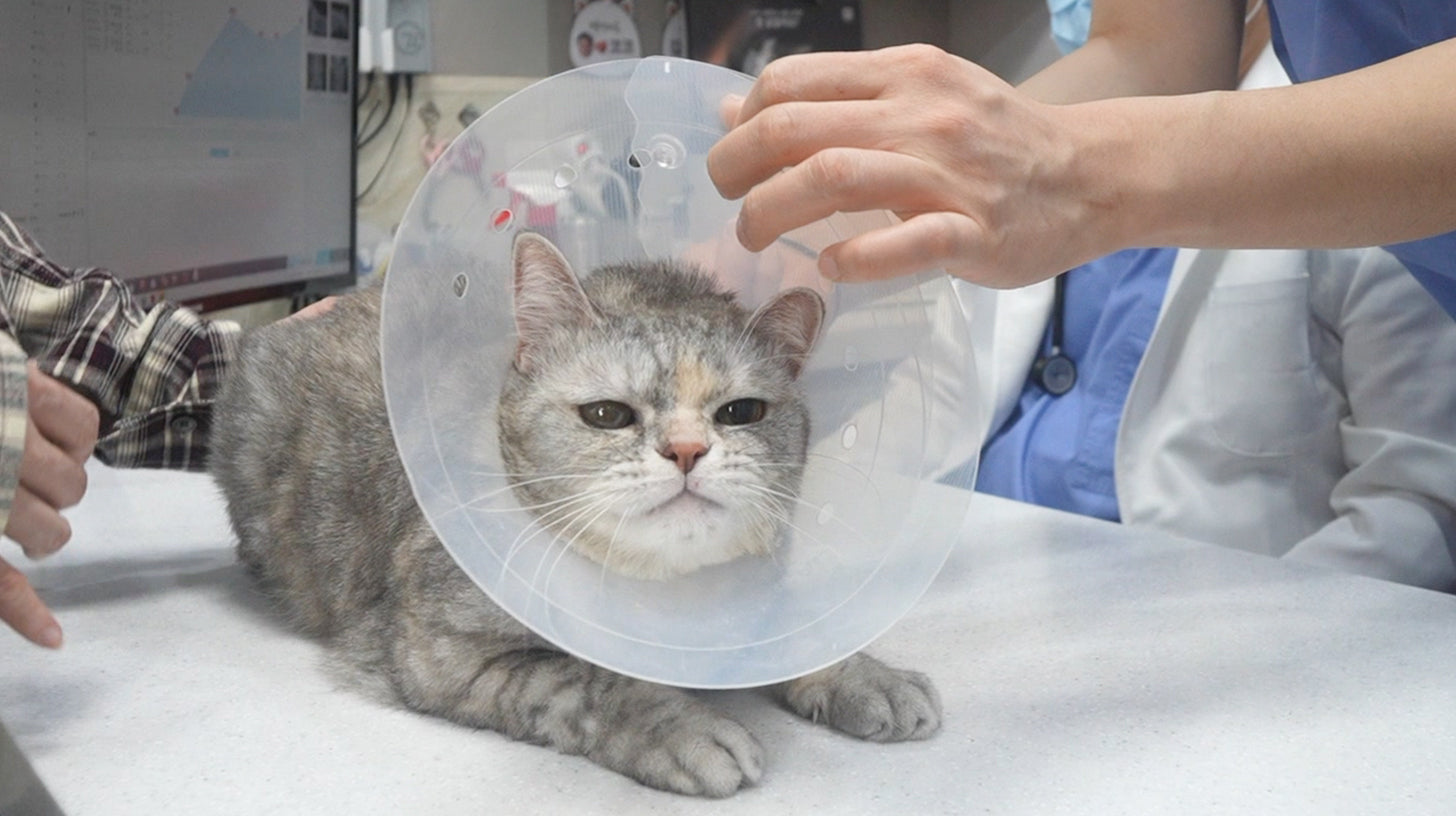AIM-Based Stage 3 Kidney Care
“A Time for Precise Action and Urgent Response.”
According to IRIS guidelines, Stage 3 means over 75% of kidney function has been lost.
With less than one-quarter of normal function remaining, the body’s ability to filter toxins has reached a critical threshold.
At this stage, signs like reduced appetite, low energy, and unstable lab values often become more pronounced, and can quickly escalate into emergency situations.
But with the right response and swift action, it’s still possible to preserve quality of life—not just for months, but for years to come.
Greycoat Research has analyzed over 1,000 Stage 3 cases to develop a highly focused care routine designed specifically for this advanced stage.
Supplements & Medications – Multi-Targeted Support Is Essential
Stage 3 is no longer manageable with basic care.
This advanced stage requires coordinated, multi-functional support across the body’s systems.
✔ Dr. Toru Protocol (AIM-based)
- Supports the AIM protein, which activates the kidney’s natural waste-clearing system
- AIM dysfunction is well-documented as a key driver of feline CKD progression
✔ Intensive Protocol (AMPK-based)
- Boosts cellular energy metabolism
- Reduces oxidative stress and helps preserve kidney cell function
✔ Probiotics Protocol (Kidney-targeted probiotics)
- Suppresses uremic toxins produced by harmful gut bacteria
- Helps manage both constipation and diarrhea
- Reduces systemic inflammation burden
-
Beispiel für Produkttitel
Normaler Preis US$19.99Normaler PreisStückpreis pro -
Beispiel für Produkttitel
Normaler Preis US$19.99Normaler PreisStückpreis pro -
Beispiel für Produkttitel
Normaler Preis US$19.99Normaler PreisStückpreis pro -
Beispiel für Produkttitel
Normaler Preis US$19.99Normaler PreisStückpreis pro
✔ Omega-3 (EPA/DHA)
- Provides anti-inflammatory benefits and improves renal blood flow
- Recommended daily dose: ~100mg EPA/DHA
※ Note: Greycoat Research does not sell Omega-3 directly. Trusted product links are available separately.
✔ Phosphate Binders
- e.g., Lanthanum carbonate (Fosrenol), Sevelamer
- Must be administered with meals to bind phosphorus from food
✔ Uremic Toxin Binders
- e.g., Spherical activated charcoal
- Helps trap toxins in the gut before they enter the bloodstream
✔ Melatonin (1mg/day)
- May assist in preventing or managing CKD-related anemia
Diet Management – Renal Food Is Now Essential
In Stage 3, strict control of protein, phosphorus (P), and sodium is critical to reduce kidney burden.
Renal diets are purpose-built to support cats with CKD and are now a non-negotiable part of care.
✔ You must transition to a dedicated renal diet
- Prioritize wet food, or a combination of wet and dry
- If your cat refuses to eat, use lickable treats or toppers to maintain calorie intake
- You may try assisted feeding with small kibble pieces
- Wet food can be mashed or thinned into liquid form and given via syringe
→ Be extremely careful to avoid aspiration into the lungs
✔ If your cat is not eating voluntarily, assisted feeding is essential
→ Stopping food intake can lead to rapid deterioration
Hydration – Subcutaneous Fluids Are Essential
In Stage 3, voluntary drinking is no longer enough.
A well-structured hydration routine is critical to slowing disease progression and supporting kidney function.
✔ Recommended daily fluid intake:
- 40–50ml per kg (approx. 0.6–0.75 fl oz per lb) of body weight
→ Example: A 4kg (8.8 lb) cat should receive 160–200ml (5.4–6.8 fl oz) per day
✔ Hydration Strategies
- Mix wet food with warm water (1:1 or 2:1 ratio)
- Combine lickable treats with water
(e.g., 5ml treat + 30ml water → gradually increase water ratio) - Administer subcutaneous fluids daily, under veterinary guidance
※ Cats with heart or lung conditions must not receive fluids without veterinary approval.
What to Check at Every Vet Visit
After Stage 3, proactive monitoring for complications is critical.
Make sure your vet checks for the following every time.
✔ Blood tests to request:
- Check for electrolyte imbalance
- Look for signs of metabolic acidosis (e.g., low blood pH or abnormal bicarbonate)
- Monitor anemia progression (HCT, RBC levels)
- Track creatinine, BUN, and phosphorus (P) levels
✔ At diagnosis and every 3 months:
- Measure blood pressure (high BP can worsen kidney damage)
- Run a proBNP blood test to assess heart function
- Check lung condition via X-ray and stethoscope
Emergency Symptom Checklist
If even one of the signs below appears, contact your veterinarian immediately.
In Stage 3, prompt action can be life-saving.
✔ Emergency Signs
- Complete loss of appetite: Your cat stops eating entirely or refuses all food
- Vomiting 3 or more times a day: Repeated vomiting signals acute distress
- Severe weakness or staggering: Difficulty walking or leg instability
- Open-mouth or labored breathing: Heavy, rapid, or visibly strained breathing
- No bowel movement for over 2 days: Constipation beyond 48 hours
- Frequent litter box visits (every 5 minutes or less): Constant straining with little or no output
When It’s Time to Find a New Vet
If your current clinic shows any of the following signs, it may be time to seek more specialized care.
Your cat deserves treatment that reflects the seriousness—and manageability—of Stage 3 CKD.
✔ No guidance on subcutaneous (sub-Q) fluids
→ Sub-Q fluids are essential for maintaining hydration and slowing decline in Stage 3
✔ Lack of understanding or proactive management of metabolic acidosis
→ Acidosis is a critical and often overlooked factor that can rapidly worsen CKD
✔ Recommends euthanasia without exploring all care options
→ Stage 3 is still a manageable stage
→ Seek a clinic with proven experience in feline kidney care
Precision and Speed Are What Save Lives
Stage 3 leaves no room for trial and error.
Timely action and accurate care can slow progression, preserve your cat’s daily life, and extend the time you have together.
At Greycoat Research, we’ve seen this firsthand through over 10,000 CKD cases.
Cats who followed precise routines, even in Stage 3, have stayed with their guardians for years, not just months.
What you choose now will shape the time ahead.
Don’t wait. Begin today.
※ If your cat is deteriorating rapidly or has already entered Stage 4, standard routines may no longer be enough.
Please request a consultation immediately for urgent support.
Effective CKD Management: Supplements and Beyond
-
Beispiel für Produkttitel
Normaler Preis US$19.99Normaler PreisStückpreis pro -
Beispiel für Produkttitel
Normaler Preis US$19.99Normaler PreisStückpreis pro -
Beispiel für Produkttitel
Normaler Preis US$19.99Normaler PreisStückpreis pro


